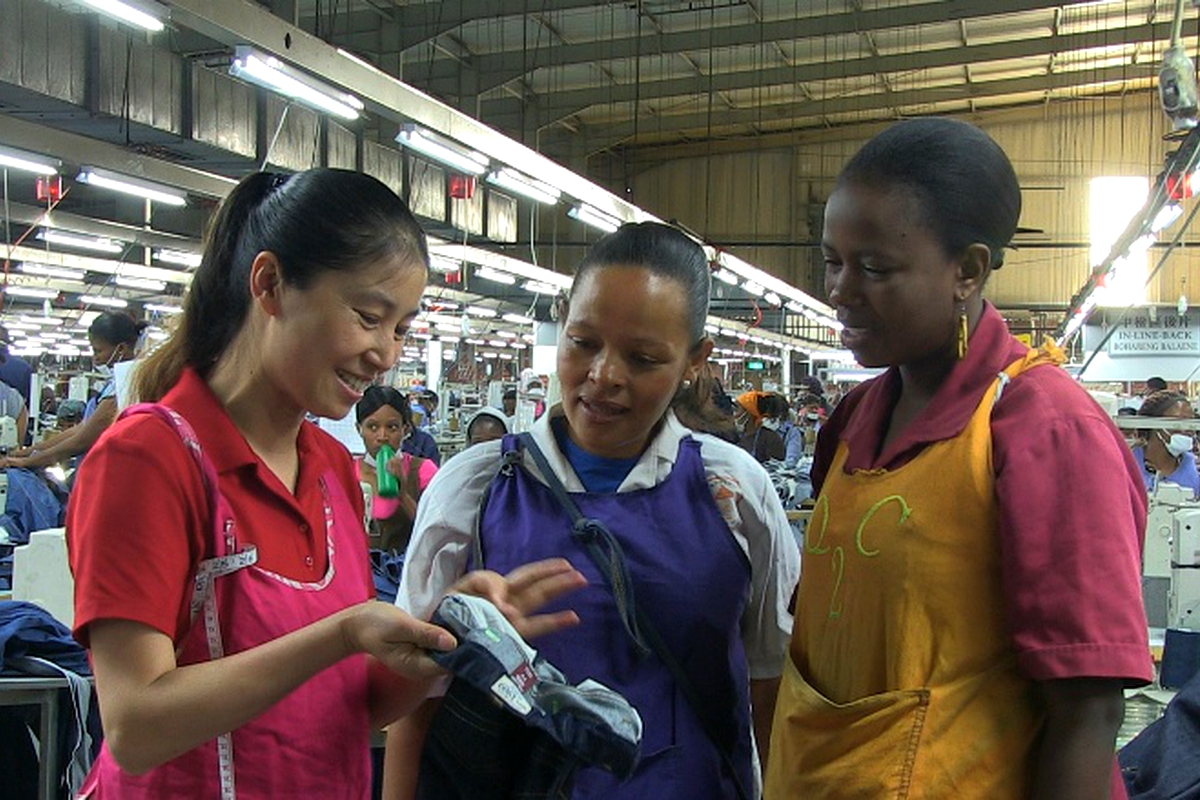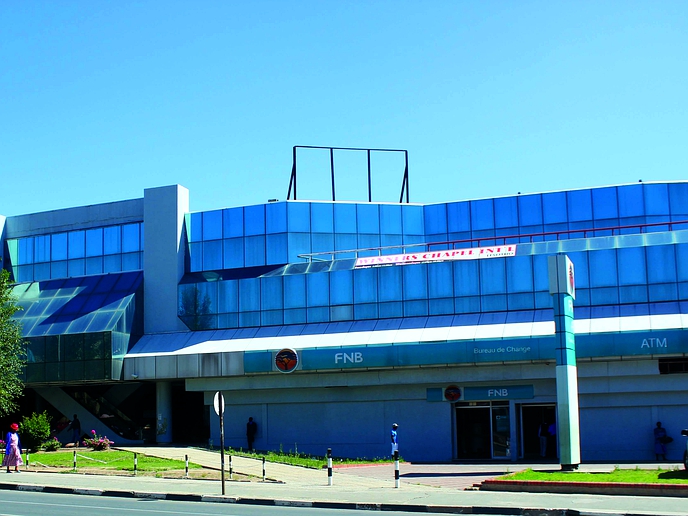MASERU - The Lesotho textile and apparel industry is mired in array of difficulties triggered by the country’s political unrest.
news
July 18, 2019
3 min read
Textile industry feels heat of political unrest

Textile
The industry has created about 40 000 jobs especially for Basotho young women who are directly employed by the sector. Now employees in the sector are facing incessant lay-offs which lead to their reduced salaries at month end. Major markets for Lesotho’s textile and apparel industry comprise the United States of America (USA) through African Growth and Opportunity Act (AGOA) programme and South Africa. Lesotho is one of the countries that have benefitted and continue to benefit immensely from the AGOA, which enables goods to enter the lucrative US market duty free.
Deputy secretary general of United Textile Employees (UNITE) Daniel Maraisane said investors were hesitant to invest in Lesotho due to the prevailing political unrest. UNITE has about 6, 000 members. Mr Maraisane said textile industry was itself fragile, adding that its brittle state was worsened by Lesotho’s volatile political circumstances. Buyers, he said, had decreased their orders in Lesotho and employers were unable to keep more staff because of the reduced workload.
Mr Maraisane said factories were unable to retain staff that had nothing to do at work. He said orders took about six to 12 months to reach the buyers, adding that posed a threat to investors who risked losing their monies. This causes more pressure and frustration to mount on the investors and their consciousness keeps on gnawing at them. Mr Maraisane said USA only wanted to work with countries that uphold good governance and with the current political unrest in the country, “chances are high that the AGOA contract might be withdrawn”. The renewed contract expired in 2015.
Enjoy our daily newsletter from today
Access exclusive newsletters, along with previews of new media releases.
In order to qualify and remain eligible for AGOA, each country must be working to improve its rule of law, human rights, and respect for core labour standards. Mr Maraisane said there was tight competition in the industry from countries such as Kenya and Ethiopia, which are gunning for a meaningful share of the market in the sector. “Ethiopia has just joined AGOA coming with low labour costs which include reduced water and electricity tariffs and rent,” he said.
Investors, he further showed, liked to invest where labour costs were low so that they could maximise their profits. However, he believed that employers had been pressurised by textile unions to give workers M2, 000 as a basic salary. With the challenge at hand, he said they were meeting the relevant stakeholders such as the government and the employers to counter attack the problem. But he insisted that with the South African President Cyril Ramaphosa urging SA companies to buy locally manufactured products, more problems were in store for Lesotho’s industry especially those producing clothes for Edcon shops.
Edcon is a leading clothing, footwear and textiles (CFT) retailing group in Southern Africa trading through a range of retail formats. The country’s garment manufacturing industry was established in the early 1980s with a first wave of investment coming from South African clothing firms that wanted to avoid anti-apartheid sanctions. And a wave of Taiwanese investments followed in the late 1980s.
Deputy secretary general of the Independent Democratic Union of Lesotho (IDUL) May Rathakane said there had been a significant number of employees who have been retrenched while others were laid-off because of decreased orders. Mr Rathakane said they had saved some members from being retrenched and instead asked the employers to transfer them to other jobs. IDUL has between 8,000 and 10, 000 members.
Mr Rathakane said they succeeded in convincing the employers to transfer their members to other companies. So their jobs were successfully saved. He said they received letters from the employers that they were mulling to initiate lay-offs and retrenchments in April, adding that factories argued they had no jobs. He said they instituted legal proceedings against factories which insisted on retrenching workers despite their call not to do so. He said Edcon also experienced strikes that saw companies retrenching their staffers.
“Investors take advantage to place orders when the dollar is stronger so that they can also maximise profits because when the dollar is weak, profits will be low. Investors apply best business practice principle when they trade,” Mr Rathakane said.
Tailored for you






